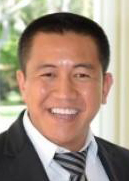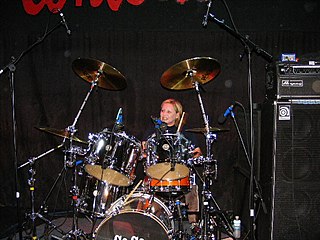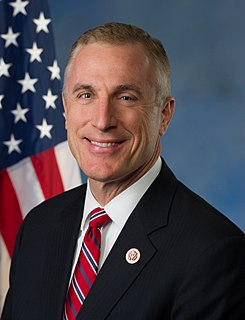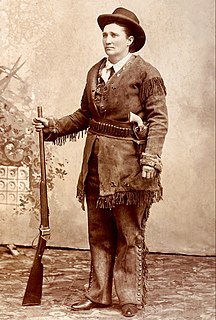A Quote by Anh Do
One of my uncles was actually a sapper who cleared land mines for Anzacs, Australian soldiers, and we had to flee Vietnam. There were 40 of us on a 9-meter fishing boat. We were at sea for five days, a very perilous journey. We were attacked by pirates twice.
Related Quotes
My mother and my father had very, very strong Scots accents. We were Australian, and in those days when I was young, I spoke with a much more of an Australian accent than I have now. However I knew that if I went to England to become an actor, which I was determined to, I knew that I had to get rid of the Australian accent. We were colonials, we were Down Under somewhere, we were those little people Over There. But I was determined to become an Englishman. So I did.
My film isn't about Vietnam. It is Vietnam. It's what it was really like. It was crazy. And the way we made it was very much like the way the Americans were in Vietnam. We were in the jungle, there were too many of us, we had access to too much money, too much equipment and little by little we went insane.
And some days, he went on, were days of hearing every trump and trill of the universe. Some days were good for tasting and some for touching. And some days were good for all the senses at once. This day now, he nodded, smelled as if a great and nameless orchard had grown up overnight beyond the hills to fill the entire visible land with its warm freshness. The air felt like rain, but there were no clouds.
The wind, as a direct motive power, is wholly inapplicable to a system of machine labour, for during a calm season the whole business of the country would be thrown out of gear. Before the era of steam-engines, windmills were tried for draining mines; but though they were powerful machines, they were very irregular, so that in a long tract of calm weather the mines were drowned, and all the workmen thrown idle.
The pictures that were coming from Vietnam were showing us what was really happening on the ground level. It was in contradiction to what our political and military leaders were telling us. They were straight forward documentary images. A powerful indictment of the war, of how cruel and unjust it was. When I finally decided what to do with my life, it was to follow in that tradition.


































